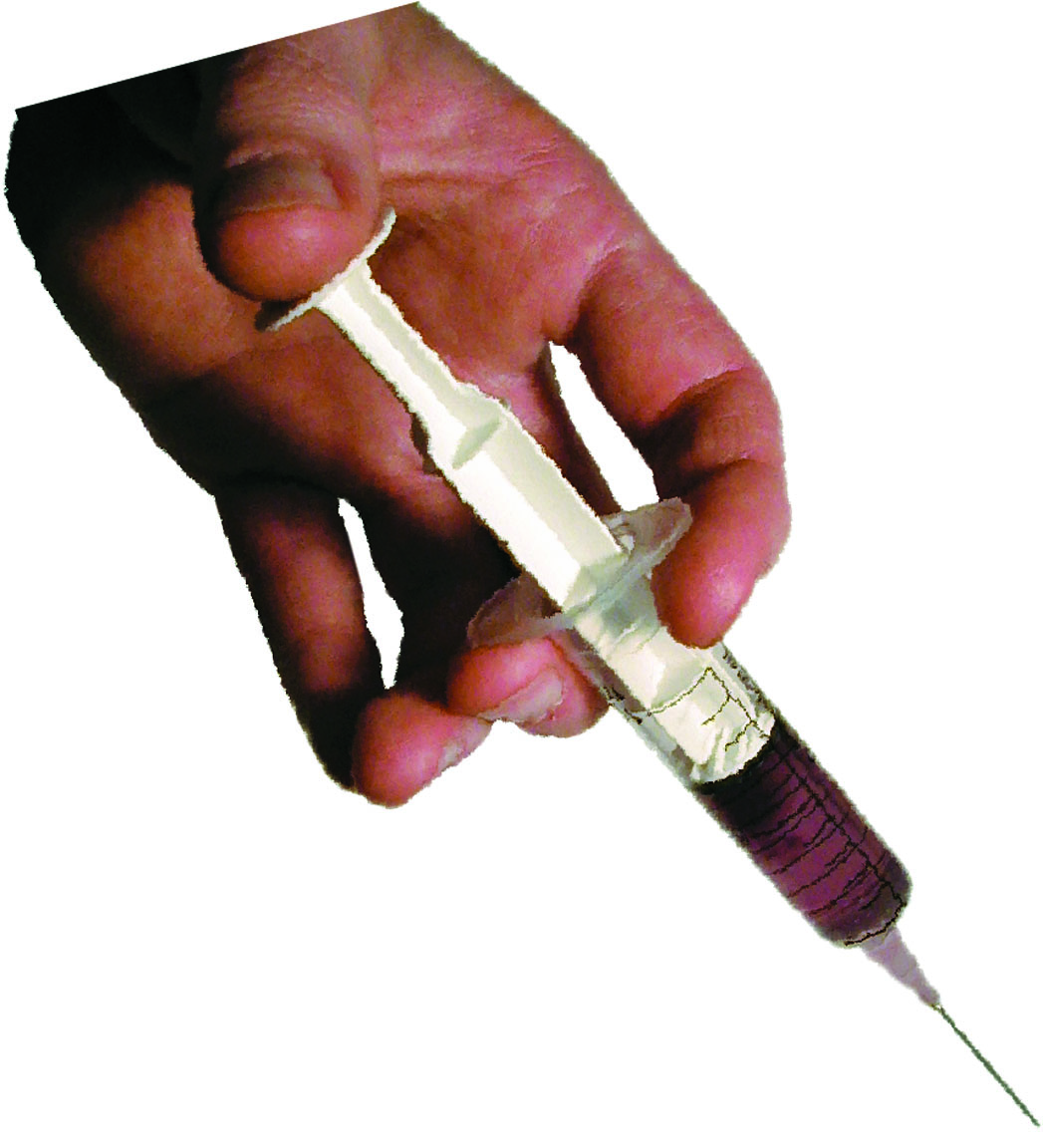Hospital Authority’s efforts to retain nurses fail to stem exodus
Reporters: Ian Cheng and Vivian Ng
Dozens of patients were resting in a big hospital ward. One of them wanted to get out of bed to go to the toilet, so he pushed a red button beside his bed to call for a nurse. Help did not come. After a long wait, the patient pulled himself out of bed. He fell onto the floor.
Incidents like the one above happen all the time, according to an experienced nurse in a public hospital who spoke to Varsity on the condition of anonymity.
Nurses in public hospitals work one of three eight-hour shifts, the morning, afternoon or night shift. That may not sound very long, but each shift is gruelling. They often do not get breaks and even if they do have breaks, they are too busy to take them.
On a typical shift, a nurse might start their day distributing medication, then take patients’ blood pressures and pulse rates. They may feed their patients, change dressings and even help with bathing. They have to listen to advice from doctors and act on their instructions immediately. Getting anything wrong could lead to grave consequences.
The hectic day ends only for another to begin. Sometimes a night shift may be followed by an afternoon shift, so the body does not have time to adjust to the different rhythms and sleep patterns.
The overworked nurses in Hong Kong’s public hospitals are a symptom of staff shortages. There are about 40,000 nurses registered or enrolled under the Nursing Council of Hong Kong (HKNC) but below 80 per cent of them are currently working as nurses. In July last year, the Hospital Authority (HA) said it was still short of 1,000 nurses, despite an expensive recruitment drive.
Susan, not her real name, is a registered nurse in a public hospital. She says the nurse-to-patient ratio at her hospital is around 1:13 during the day but can rise up to 1:40 or even more during the night. The international standard is 1:4 to 1:6.
She says nurses who work on medical wards are so busy that they do not even have time to go to the washroom during the night shift. They dare not drink too much water.
Susan finds the demands of her work very stressful. She finds it hard to fall asleep after work and often spends time trying to remember if there was anything she forgot to do on duty.
The pressure does not just come from the work itself, but also from patients’ families.
Susan cites the case of a patient whose relative claimed to be a policeman. The man suspected the nurses of stealing from the patient and wanted to search them. The nurses felt they could not just ignore the accusations.
“When you retorted, he would say your attitude was bad,” says Susan, adding that it is useless for nurses to argue with patients’ irrational family members.
Wong Kam-man, a nursing officer working in a public hospital in Kowloon, says it is also common for nurses to be sworn at by family members of patients. Although such verbal violence upsets her, she feels helpless to do anything.
“There is no reason why I have to be scolded by you when I go to work,” says Wong. “You can just speak if you have something to say.”
Wong recounted an incident where a colleague was attacked by a visitor who dashed into the ward during non-visiting hours. Wong says the nurse was scared to go to work after the incident and had to seek medical help for psychological trauma afterwards.







































